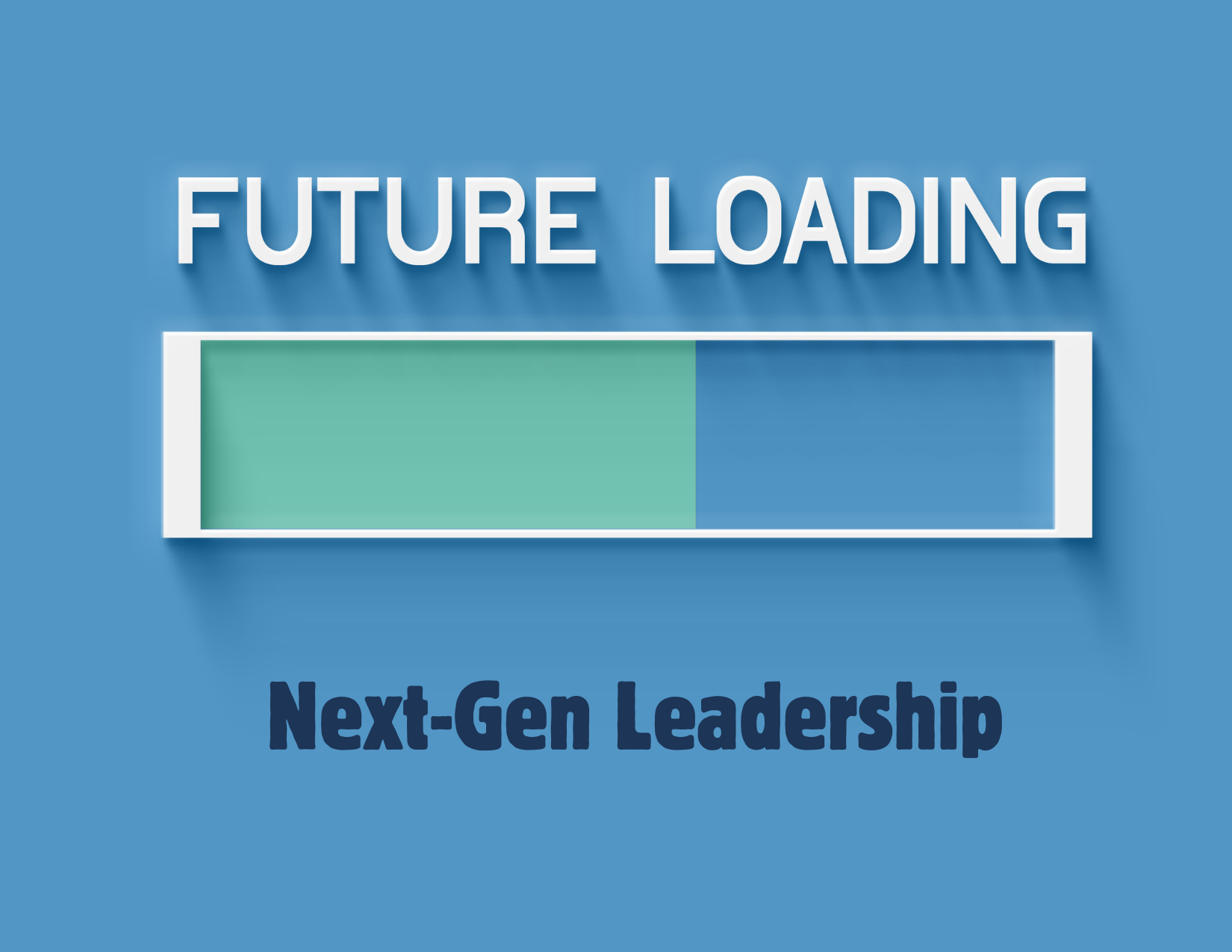As leaders, every decision we make has costs and benefits, including how we spend our time. For several reasons, leaders need help carving out time to think and be strategic. Sometimes, it is just a lack of discipline; at other times, it is simply procrastination, but frequently, it is the unrelenting nature of our calendars.
The Post-Covid world is one of in-person, hybrid, and virtual meetings. Everyone is much more accessible, and presence does not require everyone to be in the same room, resulting in more meetings on calendars, less effective meetings, poor time management, a heightened sense of deadlines, and less protected time to think and be strategic.
The cost of having back-to-back meetings every day hinders the ability of leaders to think and develop clarity around their goals and strategies for achieving them. If you are finding that you are stuck in meeting marathons, get into the practice of saying “no” and putting systems in place to evaluate the types of meetings you are putting on your calendar. Consider the following questions and decide which meetings should be moved off your calendar: Is the meeting on your calendar requested by you or someone else? Does everyone know their role in the meeting and what will be required to make it productive? What is the purpose of the meeting? Do you need to make a decision, strategize, share information, or do something else?
Intentionally block time on your calendar for tackling projects and thinking. Set aside specific times dedicated to uninterrupted contemplation and reflection. It is invaluable for you to pause and reflect on your goals, strategy, decisions, and progress.
What is the power of “thinking time?”
1. Gaining clarity of thought: Thinking time helps you step back to get a clearer view of your current situation and identify key challenges.
2. Making better decisions: Taking the time to think through a decision helps you weigh all the options available to come to an informed conclusion and develop solutions for issues and problems.
3. Focusing on the long-term vision: Considering the bigger picture when making decisions allows you to set long-term goals and develop strategies to reach them.
4. Activating creativity: Creating inspiration requires thinking outside the box. By allocating time to think creatively, you can become more open-minded, bringing a unique perspective to your decision-making, and exploring innovative ways to grow and develop yourself and your organization.
5. Enhancing communication: Effectively communicating is an essential leadership competency. Taking time to reflect intentionally before verbal or written communication can improve the clarity and quality of your output and lead to better connections with your team.
6. Igniting motivation and building resilience: Taking the time to thoughtfully analyze both your successes and setbacks can provide valuable insight and inspire future achievements. By reflecting on what worked well and what did not, you can identify areas for improvement and develop strategies for overcoming obstacles in the future. This process of introspection can be a powerful tool for personal and professional growth.
Dedicating regular blocks of time for thoughtful reflection can significantly impact your leadership effectiveness. Taking frequent breaks from work and engaging in contemplation helps to improve decision-making, problem-solving, creativity, and communication. It can also help to increase self-awareness and emotional intelligence while boosting morale and engagement with your team members. If you have not been intentional with setting up thinking time, try it consistently for six weeks and take note of the benefits of making the time to think, plan, and act.







